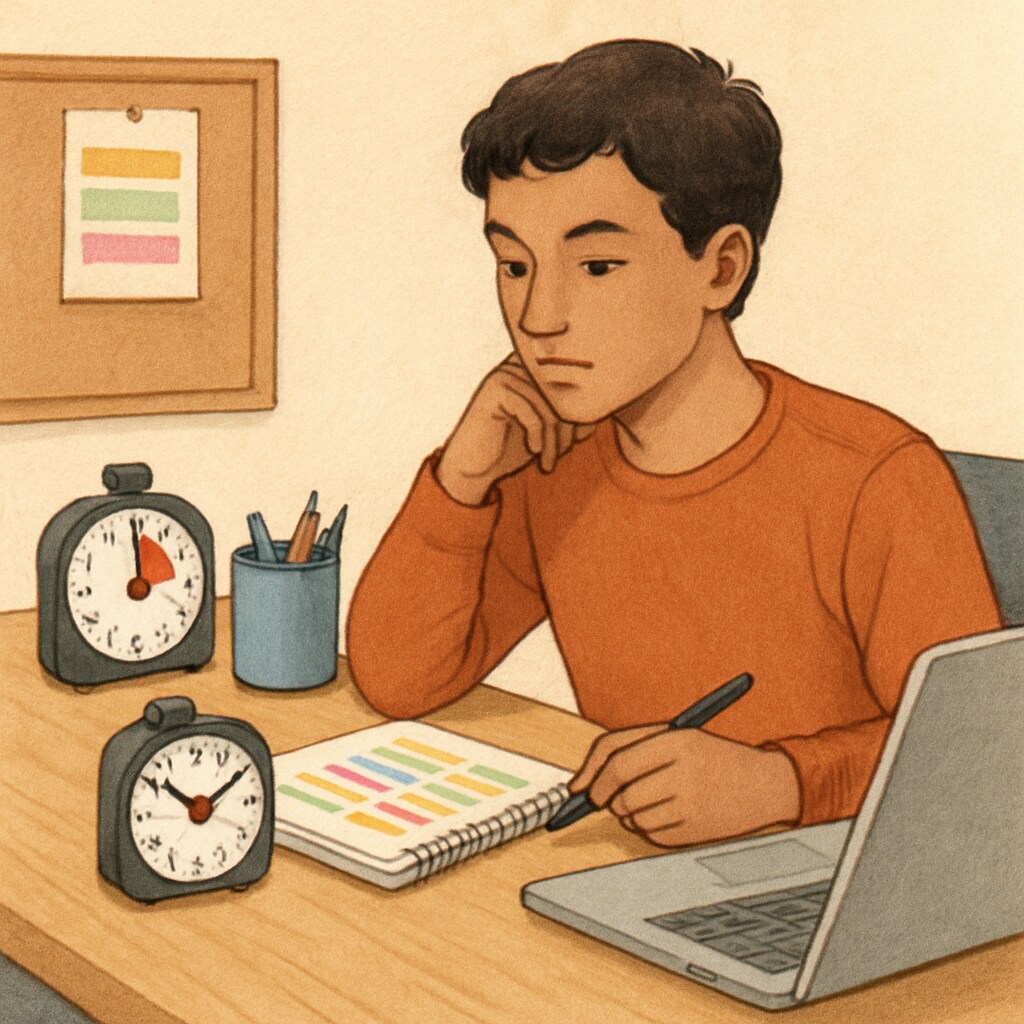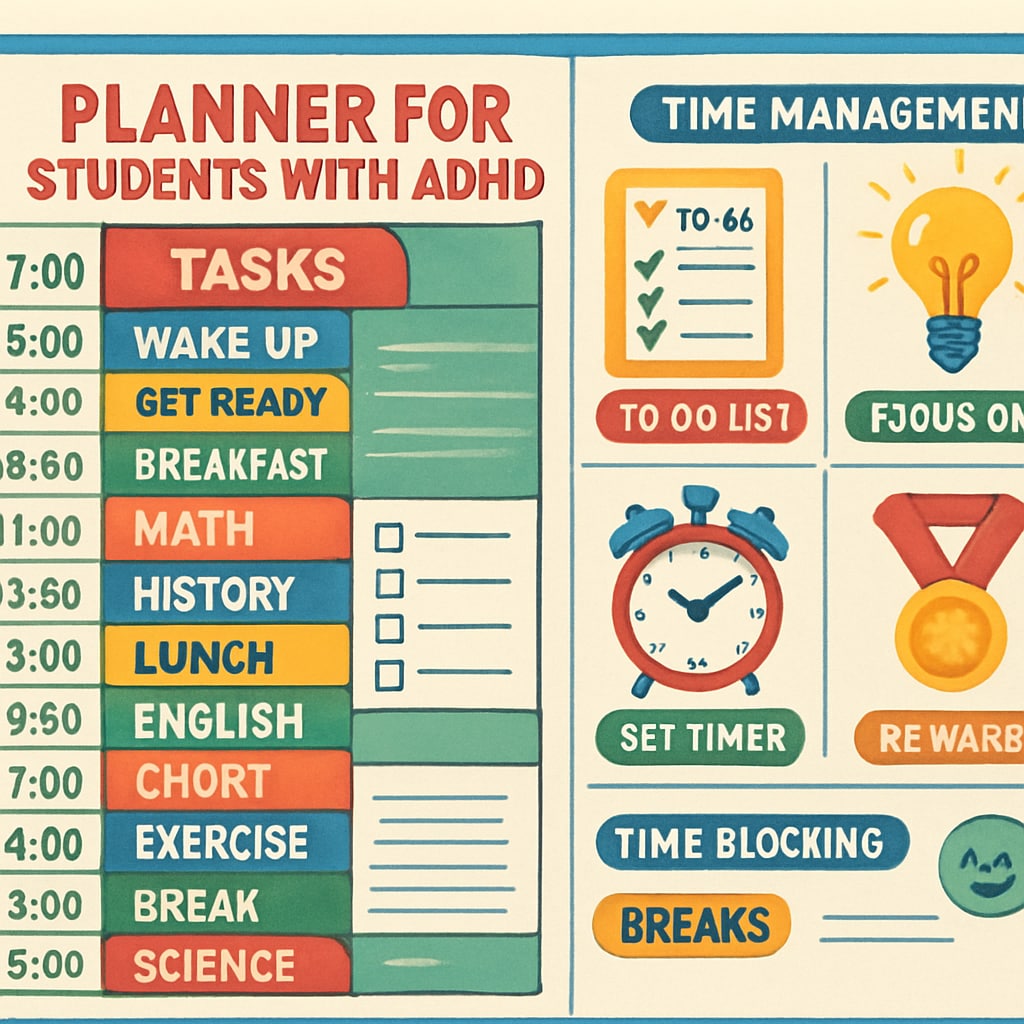Falling behind in high school credits can feel overwhelming, especially for students with ADHD, who may already struggle with focus and time management. However, this challenge presents an opportunity for growth and learning. In this guide, we’ll explore practical strategies to recover missing high school credits in the remaining two years and graduate on time. From leveraging credit recovery options to staying organized, these tips will help you regain control and make the most of your high school experience.
Understanding the Credit Recovery Process
Before diving into solutions, it’s important to understand what credit recovery entails. Credit recovery programs are designed to help students make up for failed or missed coursework. These programs can be completed during the school year, over the summer, or through online platforms. For students with ADHD, choosing the right format is crucial to ensure focus and engagement.
Here are some common credit recovery options:
- Summer school: Intensive short-term courses to make up for lost credits.
- Online classes: Flexible, self-paced learning programs available through platforms like Edgenuity or Khan Academy.
- After-school programs: Additional classes held outside regular school hours.
- Dual enrollment: Earning both high school and college credits by taking advanced courses.
Discuss with your school counselor to identify the best options that align with your learning style and schedule. Be sure to consider any ADHD accommodations you might need, such as extended deadlines or reduced distractions.

Effective Time Management and Organization for ADHD
Time management and organization are often challenging for students with ADHD, but they are critical when catching up on high school credits. With the right strategies, you can turn these obstacles into strengths.
Here are some practical tips:
- Break tasks into smaller steps: Large assignments can feel overwhelming, so divide them into manageable chunks.
- Use a planner or digital calendar: Schedule study sessions, deadlines, and breaks to stay on track.
- Set priorities: Focus on high-impact tasks that contribute directly to credit recovery.
- Create a distraction-free environment: Minimize noise and visual clutter to help maintain focus.
In addition, consider using tools designed for ADHD, such as timers, reminder apps, and color-coded organizational systems. These can help you stay focused and meet deadlines consistently.

Balancing Academics and Mental Health
Catching up on credits while managing ADHD can be stressful. It’s important to balance academic goals with mental health to avoid burnout. Here are some strategies to maintain your well-being:
- Set realistic goals: Don’t try to make up all missing credits at once. Focus on steady progress.
- Take regular breaks: Use techniques like the Pomodoro method to work in focused intervals with short breaks.
- Seek support: Talk to teachers, counselors, or ADHD coaches for guidance and encouragement.
- Practice self-care: Prioritize sleep, nutrition, and exercise to enhance focus and energy levels.
Remember, your mental health is just as important as academic success. If you feel overwhelmed, don’t hesitate to reach out to a trusted adult or mental health professional.
Staying Motivated to Graduate on Time
Maintaining motivation is key to overcoming the challenge of credit recovery. Here are some ways to stay inspired:
- Visualize your goals: Picture yourself graduating and achieving your future aspirations.
- Celebrate small wins: Reward yourself for completing assignments or passing courses.
- Build a support network: Surround yourself with friends, family, and mentors who encourage you.
- Focus on your strengths: Use your unique abilities to tackle challenges creatively.
By staying motivated and committed, you can turn your high school credit recovery journey into a transformative experience that prepares you for future success.
In conclusion, catching up on high school credits with ADHD is possible with the right strategies and mindset. By understanding your options, staying organized, balancing mental health, and keeping your eyes on the goal, you can overcome this challenge and graduate on time. Remember, every step forward brings you closer to success.
Readability guidance: Use short paragraphs and lists to summarize key points. Distribute transition words evenly. Keep passive voice and long sentence percentages within limits. Ensure ADHD-friendly tips are actionable and clear.


